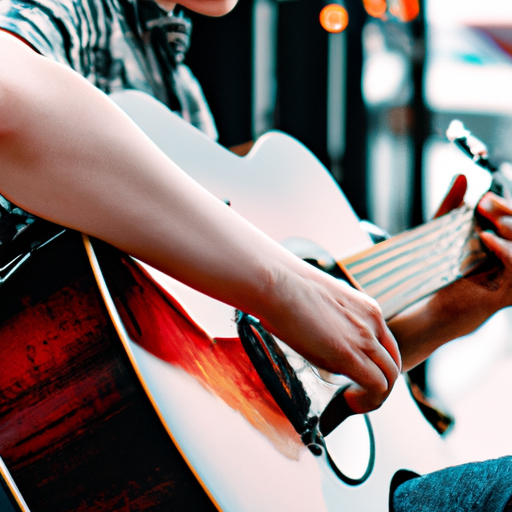
Playing the guitar is a fun and rewarding hobby, but it also requires proper maintenance and care. Neglecting your guitar can result in poor sound quality, playability issues, and even permanent damage. In this article, we’ll cover everything you need to know about maintaining and caring for your guitar.

Before we dive into the specifics, let’s first talk about why guitar maintenance is so important for beginners. Not only does proper maintenance ensure that your guitar remains in good shape, but it also extends the life of your instrument. Additionally, maintaining your guitar can improve its sound quality and playability, making it easier and more enjoyable to play.

Some common guitar problems that can be avoided with proper maintenance include:
Before you can properly maintain your guitar, it’s important to understand the different parts that make up your instrument. These include:
Each of these parts plays a crucial role in the sound and playability of your guitar. It’s important to be able to identify problems with each part so that you can address them promptly.
Regular cleaning and polishing can help keep your guitar looking and sounding its best. Here are some tips for cleaning your guitar:
When it comes to polishing your guitar, you have a few options. Some people prefer using a wax, while others prefer a polish. Here are the differences:
Strings are one of the most important components of your guitar. Over time, they can become worn and lose their tone. Here are some tips for restringing your guitar:
The neck and action of your guitar play a crucial role in its playability. Here are some tips for adjusting the neck and action:
Intonation refers to the accuracy of your guitar's tuning across the entire fretboard. Here are some tips for setting the intonation:
Guitars are sensitive to changes in temperature and humidity. Here are some tips for protecting your guitar from extreme conditions:
Proper storage is important for protecting your guitar when you're not using it. Here are some tips for storing your guitar:
Minor scratches and dings are bound to happen over time, but there are ways to minimize and repair them. Here are some tips:
By following these tips and making guitar maintenance a regular part of your playing routine, you can ensure that your instrument remains in good shape for years to come. Remember to:
With proper care and attention, your guitar can provide you with years of enjoyment and inspiration.
Learn more about guitar maintenance and care tips